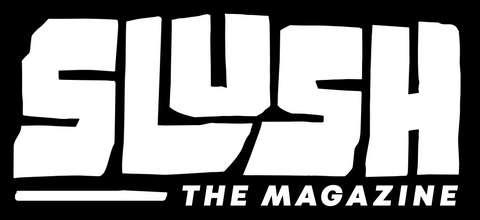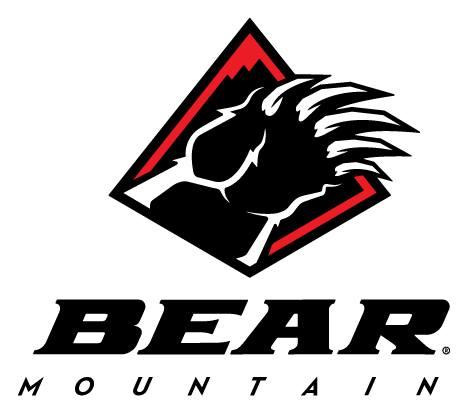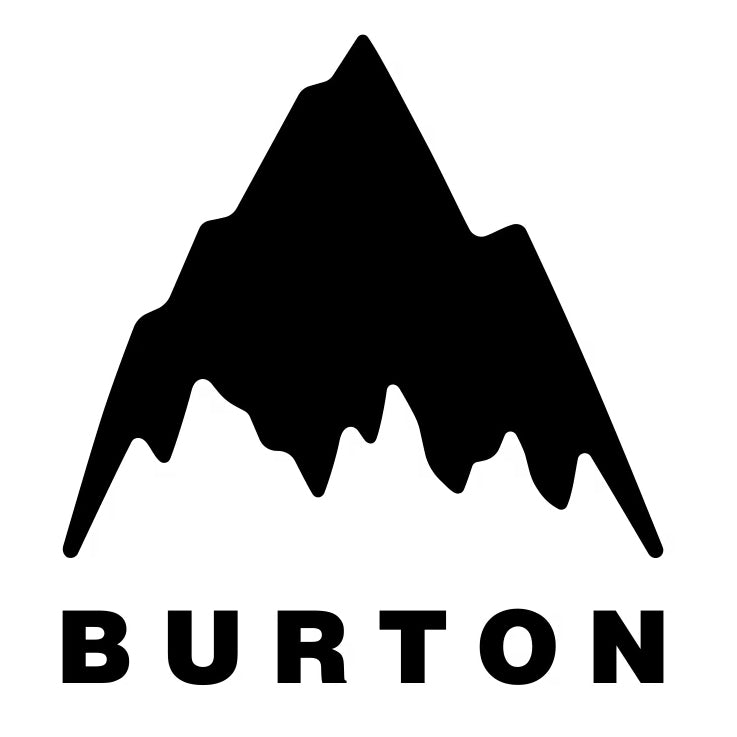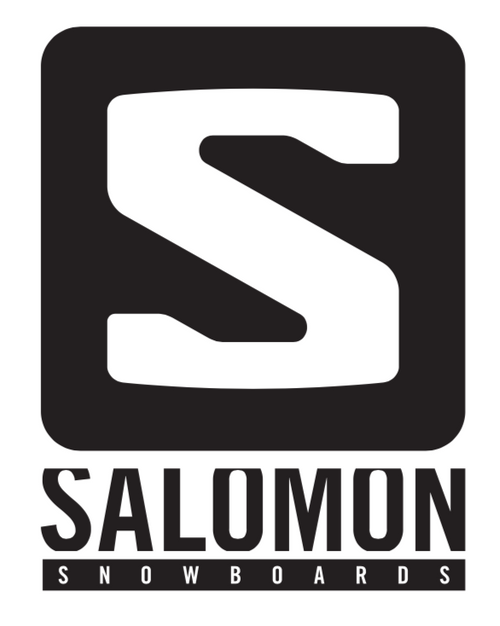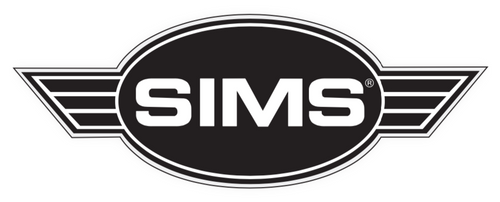
Scott Blum is a hard interview. As a disciple of the “let your riding do the talking” doctrine, Scott is reticent to be too revealing. Yet, his aversity to oversharing doesn’t belay the fact that Blum has a discernable presence when strapped in. A true freerider, deftly able to, as he puts it, “hang” in any session, Blum is a bit more than a jack of all trades, and for sure a master of fun. Yet, for someone so rakish and loose, Scott is both methodical and pragmatic. Case in point, in regards to this brief interview, he quipped “The less I talk the bigger the photos will run.”
Interview by Pat Bridges
[Pat] You landed the cover of Snowboarder Mag’s Superpark Issue in 2011, but as gnarly as that photo was, there is a backstory.
[Scott] There is. I was under the influence, abusing substances. I had left a bar on a dirt bike, a dual sport. One cop lit me up and I made the decision to pin it. I thought I had it until I was headed off by another cop. I accepted defeat and went through with the whole process. I had no license, no registration, no insurance.
No helmet?
We had helmets on. I had a passenger. I got arrested. But we got lucky. It could have been way worse, but it was really fucking stupid. Anyways, the Volcom team was doing a van trip up to Mt. Bachelor for Superpark and I decided not to go. I had a court date coming up; I was dealing with trying to clean up my shit and being bummed. Luckily, my good friend Pat Barraza was the
Volcom team manager at the time. I called him and was like, “I changed my mind, I need to come to Superpark. I need to ride before I deal with court.” I think I had a two or three-day window. He got me a flight. I got in on Friday and had a court date back in California on Monday. All I could think about on my flight was that I was either going to do something that felt so fucking good or I was going to eat shit and get completely broke off, then go sit in jail and deal with it.
The wallride was built for someone to plant and pretty much everyone in the world who could’ve done it was there. But you were the one who not only did it, but you did it in frontof hundreds of pros, filmers, photographers, team managers and even a few legends like Terry Kidwell, Shaun Farmer and a majorityof the Forum 8.
At the time, the people there didn’t register or matter. I remember you and I met at the wall. You told me Dustin Craven had tried it and he said, “nobody can get coping.” That kinda pissed me off. You’re like, “Do you think you can do it?” Without really thinking, I was like, “Yeah, I can do it.” You told me, “Cool. Be here tomorrow at nine.” I battled it for a while, finally got it and then got on a plane home the next morning.
Unlike so many kids whose parents push them into snowboarding to get X Games medals or Olympic golds, when I first saw you in Mammoth I got the impression that you were the type of kid who just wanted a way to get out of where they came from.
Snowboarding was 100% an escape from reality. That reality wasn’t bad by any means. My parents don’t ski or snowboard, so this was something I could do on my own. I was going up to Mountain High with kids from school a lot and in seventh or eighth grade I met Harrison Gordon and Mac and Sam Spedelli. We’d meet up every weekend. It was way different than the SoCal suburbs. Once I got a taste, I wanted to be there every day and riding with those guys.
Your father was in the military.
He was a colonel in the Marines. My mom was a high school English teacher and then a librarian. At night, she taught independent study.
You ended up moving to Mammoth when you were pretty young.
I moved up here my junior year of high school. Harrison and I both took the California State High School Proficiency Exam. It’s like a GED for kids under the age of 18. We tested out of school and moved to Mammoth.
How did that sit with your mom, the teacher?
It didn’t go over too well but it had to happen. After seeing this snowboarding world, I had to do it. Before that I was doing well in classes, playing soccer and volunteering at the hospital, trying to be like my sister and go to college. There was a lot that led up to moving out. At the time my family wasn’t too supportive of snowboarding. Part of their reason was that I took a trip to Mammoth with the Spedellis and compound fractured my tibia and fibia filming a handrail. I slipped out on my toes, hit my shin on the flat of a kink rail. The bones tore through my snowboard pants and I lost a third of my tibia so they put a rod in there. A few months later they took three inches of cadaver bone and the bone marrow from my hip and they welded my tibia back together. Between having to get a few surgeries and how mangled my leg was, I couldn’t go back to school. I started getting behind. I went into independent study. That led to the testing out of high school and signing up for junior college so that I could move to Mammoth.

You were already on Volcom by this time.
I got really lucky. When I was healing from the leg break, I was laying in bed and got a call from Billy Anderson at Volcom. He heard that I got hurt and wondered how my leg was doing. We chatted for a while and he asked what I was doing about school. I had this plan in motion that I would go to Mammoth once I got healthy because all I want to do is snowboard. He’s like, “Cool. I’m going to send you a Happy Healing box. We want to get you involved with Volcom.” I took that as a sign, like, “Oh man, I’m going to heal this fucking leg and go snowboarding! I’m going to be fine. It’s on.”
Was there anyone else at this time who helped you get traction on this snowboarding journey?
Brandon Richards at ValSurf and Ryan Boyes at Volcom.
What do you think it is that they saw in you? There wasn’t any shortage of kids who wanted a chance.
I’d like to think that they saw how much I wanted to participate. I don’t know. Billy and Ryan were the first ones to really show me the world of snowboarding. Billy took me on my first film trip. A couple of times Boyes gave me money out of his pocket and was like, “Here’s some grocery money or extra money for a trip.” They took care of me. I think they both believed that I was going to do something with myself eventually.
When did that “eventually” start to happen?
It took a few years. It seems like every winter I would slip into the dark side of the ski town lifestyle, but then an opportunity would come up like Superpark. I’d do something that felt good and get some coverage. I’d hold onto that feeling for the summer and then the next season would come around and I would slip back into my mountain town hole, just work at the grocery store, party, lap the resort and feel like I wasn’t doing as much as my peers. Then another one of those opportunities would come up and give me that spark. I was on that plan for a while.
So was it by design or was it a coincidental pattern?
I think that was coincidental or habitual. There are a couple pivotal moments in my snowboarding existence that followed that pattern. Mainly Superpark 13 at Mammoth, the BachelorSuperpark and the Detroit wall cover. Those
opportunities pushed my snowboarding and helped out in different ways.
You mentioned Superpark 13 at Mammoth. What was happening in your life at that moment?
I had moved from Mammoth to Portland, Oregon and I wasn’t snowboarding very much. Billy and Volcom were no longer going to support me financially. Through all these things that went on with post-leg break and taking this path I was on, my dad and I had a falling out and we didn’t talk for about four years. My sister called me and told me that my dad had had a stroke. She drove down from Seattle and we pinned it to see my dad in the hospital. We walked into his hospital room and I remember him looking at my sister and saying, “Who’s this? Who did you bring?” He didn’t know who I was. That fucking hit me hard. My sister was in med school at the time and had to fly home. I stayed there, reconnected and helped him rehabilitate as much as I could. He asked about snowboarding and I made a bunch of excuses about why I was sucking. I had told him about Superpark coming up in Mammoth and how I might go over there for a few days. He’s always been a hardass. But he was like, “You need to go to the Superpark. Go to Mammoth.” So I went to go riding with a head full of emotional bullshit, looking for an avenue to freak out. I needed to put headphones in and fucking figure some things out.

You said that planting the Detroit wall for the Snowboarder movie SFD and getting that cover also happened at an emotional time in your life.
It was another one of those times where I’m overly emotional and don’t know how to digest what’s going on—or what the severity of anything is. My partner Stefi and I were having dinner when our filmer John Cavan texted me a picture of that wall saying, “Do you think you can do this?” I booked a flight for the next morning. When I landed in Detroit, there were a couple hours left in the day so the crew was like, “We’ll go set it up, let the transition freeze and we’ll do it first thing tomorrow.” We set it up and there was enough time to get a couple tries. I put the headphones in, same as those other times we talked about, and go at it. Ethan Deiss drove the winch. Lucas Magoon had just got out of the hospital with a broken back and came to this spot to watch the session, which is fucking insane. He’s the best. Barking and limping around using a shovel as a cane. It worked and I got the coping in a handful of tries. We went back to the hotel and I booked a flight home for the next morning. Before I went to Detroit I was dealing with some personal shit and had no interest in going on this trip. But Cavan texted me with this opportunity and it was perfect. I never said anything to the crew about why I was leaving after but right before that trip I had found out my dad had liver cancer. It’s kinda nice to share that with them now. They made that shit happen.
I think there are pro riders who base their careers off of results and others off of respect. Obviously some competition results can be a conduit to gaining respect but there are plenty of riders with incredible contest resumes who don’t really garner respect. I think you are a pro snowboarder who has built a career based upon respect from your peers.
Damn. I’ve definitely said and done some things to jeopardize any respect. But thank you.
Well some pros show up and you know what they can and will do in a given session. But you are a bit looser and in turn I think people pay attention. In other words no one really knows what you’ll do in any given situation.
I don’t even know. I guess that could be good or bad.
I think that’s why you are just as likely to be riding with Shaun White in a private halfpipe as ripping pow with Jamie Lynn, jibbing with Lucas Magoon in upstate New York or winning a banked slalom. You can ride anything, which is pretty rare for a rider from Mountain High. Do you think Mammoth has played a part in this diversity?
For sure. Mammoth has everything. Mammoth has every type of terrain and consistently good weather. I never really got any good at one style of snowboarding but here in Mammoth there is so much to ride and explore.
You mentioned that you’ve done some things to jeopardize respect. What is your take on the current state of tolerance in snowboarding?
Snowboarding is so PC. When I got into it and was riding Mountain High, people were talking shit, fighting in the parking lot, on the hill. I liked the go or get the fuck out of the way mentality. And now, I don’t know, everybody’s so nice and everybody is buddy-buddy to everyone’s faces and the shit talking is behind closed doors or through DMs. And it’s all PC, it’s just fucked. Snowboarding has gotten soft and currently it rewards mediocrity.
It certainly used to be much more of a meritocracy.
It’s a really good thing that we’re getting to learn a lot from different people coming from different places. But I also liked it when actions spoke louder than words. Let your riding do the talking. Then you got the microphone. Now, everybody has the microphone on their phone and the people running the show are afraid of getting canceled or not having a demographic covered. So they’re like, “Oh, well, this person is halfway decent, they check this box, you’re in,” rewarding mediocre bullshit.
It’s a tough one because you don’t want tokenism, yet without representation you don’t get role models. Also being a great snowboarder and having earned the microphone doesn’t give someone a license to be a dick without consequences.
True and I’m not the greatest snowboarder and I’ve been a dick quite a bit. But I don’t think influencers are role models. I think they’re just posers.
I’ve been a dick as well, and there are gonna be times in the future when I’ll probably be one again. Frankly even using the word “dick” could get me canceled by some people.
This whole PC cancel culture is fucked. And it’s something that I guess we just have to try to understand and navigate as best we can. My mom told me, “You don’t need to be politically correct. Just be respectful.” The best thing that we can do is have conversations with our friends and the people that we don’t understand without being a dick. Ask questions, and be respectful. If you’re truly curious and don’t understand something, I would hope people realize that and are open to having those conversations. Everybody fucks up. But to ride that line and flirt with the boundary of what’s now acceptable, the line is just getting finer and it sucks.
If you had to choose one place to live and ride for the rest of your life where would that be?
Japan. I’ve been there thirteen times. The Japanese stoke for snowboarding is infectious. I don’t speak Japanese. A lot of them don’t speak any English. But we go snowboarding and we share the feelings. It’s a camaraderie and love for what we’re doing. There’s just no words or bullshit put into riding there. It’s all performance art, I guess. I also love that I can’t understand the lyrics to the song at the 7-Eleven, or read any of the signs going down the street. There’s no subliminal distractions. I’m not reading a stop sign and thinking I need to stop. I’m not walking into 7-Eleven and hearing a song that triggers some type of emotion because of the words or lyrics. And without snowboarding, I would’ve never seen that. That’s something that’s really resonated with my mother, a lifelong educator, is being able to share those experiences and places I’ve been. You can read about all these things in books, but at some point you should put the books down and go out there and experience it.

